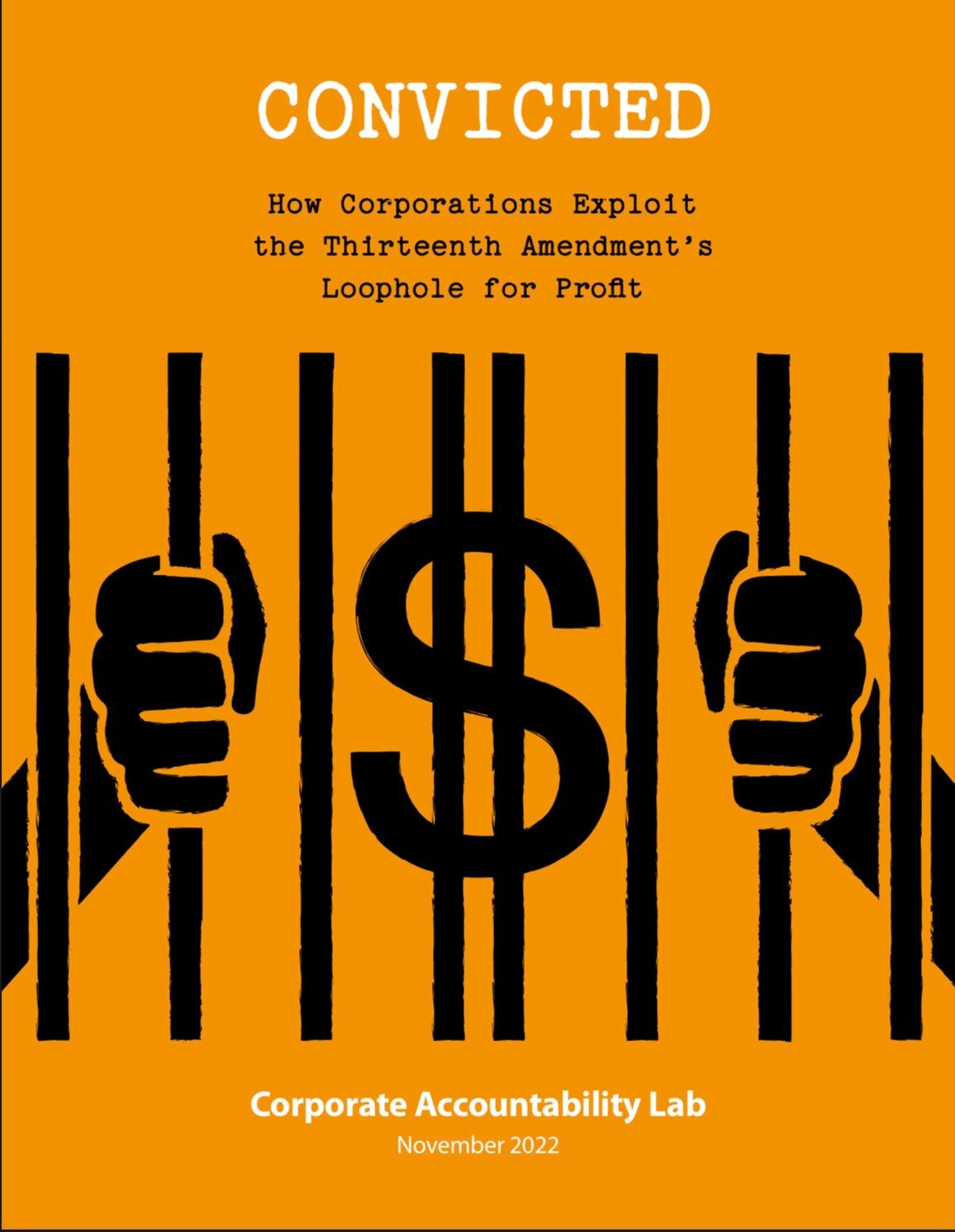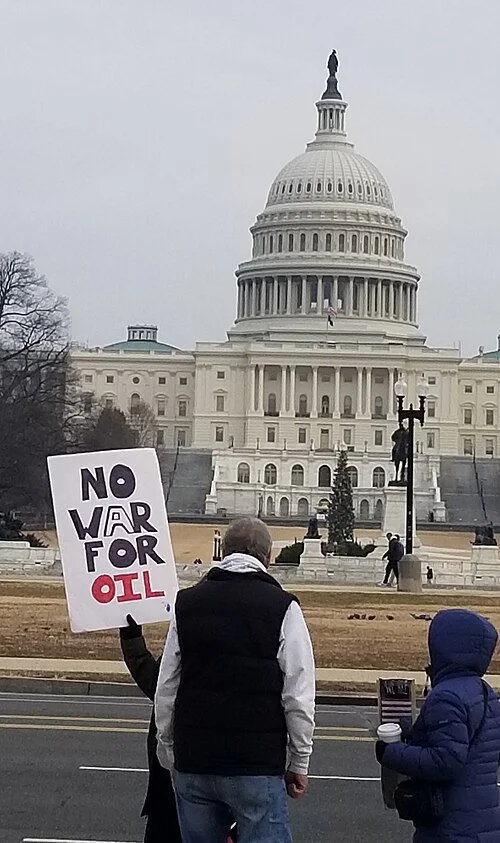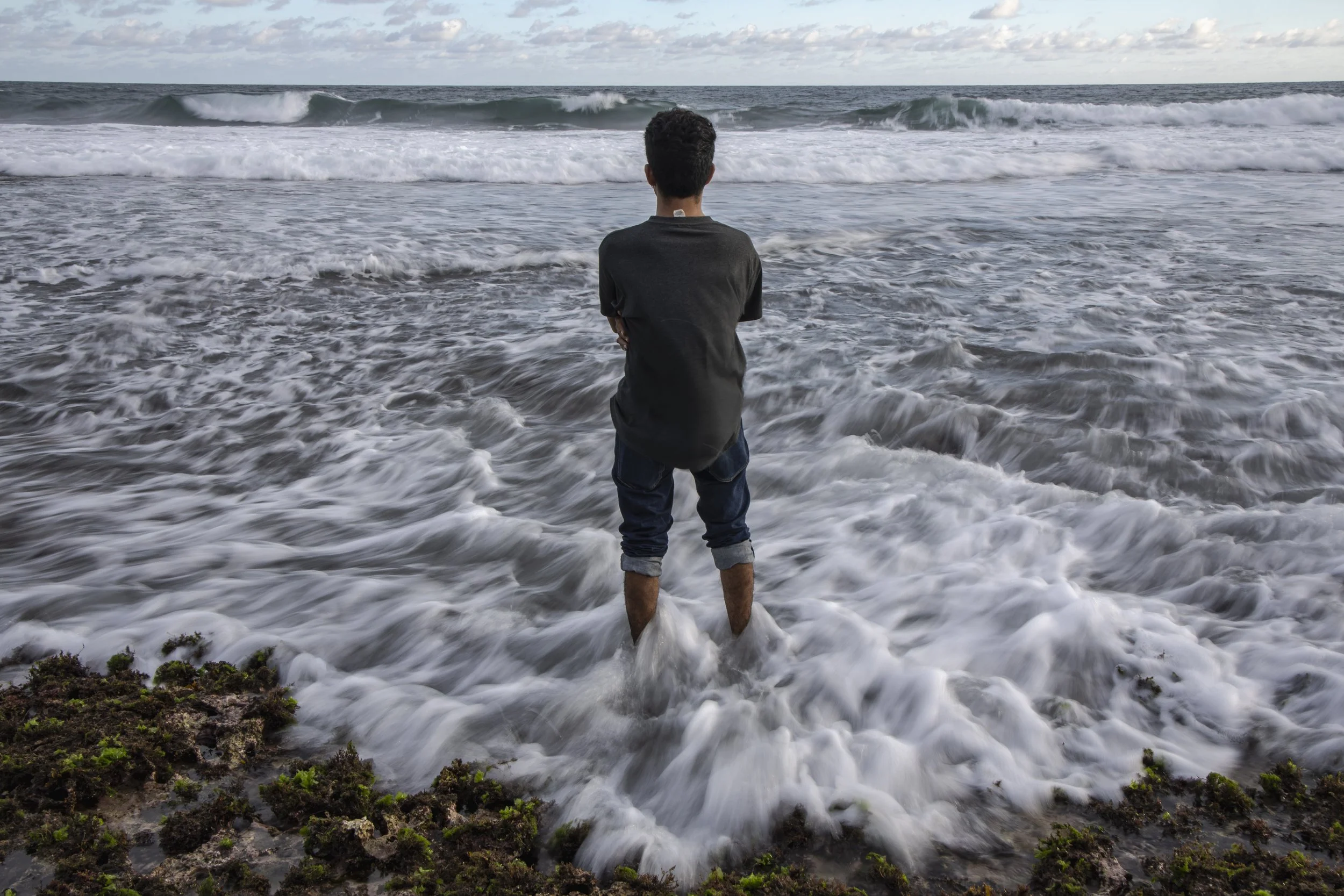Corporate Accountability Lab unleashes the creative potential of the law to protect people and the planet from corporate abuse.
CONVICTED
How Corporations Exploit the Thirteenth Amendment’s Loophole for Profit
We’re proud to announce the release of our report on the prison labor industry! One of our only projects that focuses on human rights abuses in the United States (see our first two blogs), this report exposes the depth of corporations’ involvement with the US prison labor industry. Forced labor continues to exist — and is legal under state and federal law — due to a simple clause in the 13th Amendment to the United States Constitution, a mere 14 words that provide the basis for a system that incentivizes mass incarceration, racial injustices, and corporate exploitation. We believe that the US prison labor industry is in violation of international law, and recommend several short term actions to improve the lives of incarcerated people. However, no amount of protection can rid the prison system of forced labor indicators like abuse of vulnerability, restriction of movement, and isolation. These are inherent qualities of incarceration in the United States, impossible to reform and addressable only by abolition. We urge you to read our report and learn about this American injustice. Together, we can push for an economic system free of all forms of exploitation.
recent highlights
Out now: CAL’s 2021 Annual report!
In 2021, we continued to harness new ideas and new ways of working in our fight for corporate accountability around the world. We published multiple reports, testified before Congress, launched an ethical software license, filed an amicus brief with the US Supreme Court in Doe v. Chiquita, and sued Rainforest Alliance and Hershey. Our Executive Director, Charity Ryerson, also won the Gwynne Skinner Human Rights Award for designing and implementing the Corporate Liability and Sustainable Peace (CLASP) Lab. It was a team effort to bring these 24 pages to life, and they’re packed with the highlights. 2021 was our most productive year yet, and we could not have done it without the support of our community — thank you all.
in-person convening of the clasp lab
In June, CAL held an in-person gathering of the Corporate Liability and Sustainable Peace (CLASP) Lab, a collection of nearly 40 community leaders and human rights lawyers from 25 countries. Alongside our partner organizations, CAL spent the week in Bogotá, Colombia facilitating a convening of social lab members. The purpose of the Lab (which wrapped up a year of virtual sessions in 2021 and continues to collaborate as a coalition) is to develop and pilot new strategies for corporate accountability for abusing human rights and the environment in conflict settings around the world. Together, we engaged in a restorative justice dialogue, updated a dozen prototypes of strategies for accountability, exchanged lessons learned between Latin American and African contexts, and cherished the opportunity to bond in person after a year of virtual work.
launch of the renewed idea bank and new brief bank
In May, CAL launched a new version of the Idea Bank and introduced the Brief Bank: collectively, these platforms represent the theory that innovation is necessary for achieving justice for victims of corporate abuse, and that innovation flourishes through collaboration. The Idea Bank is a platform for legal research intended to foster connections within the global corporate accountability community and provide a dynamic working space to share knowledge and bold new ideas. The Brief Bank is a library designed for litigators to store and organize briefs, share templates, and coordinate strategies for corporate accountability. With these platforms, no one needs to recreate the wheel and our fight against corporate impunity can steadily and creatively move forward. CAL facilitates these spaces, but they belong to the corporate accountability community.
FEATURED BLOG POSTS
our work
Research
We study the laws that govern corporate behavior and identify how and why such laws fail to hold corporations accountable for the human rights violations and environmental harms occurring across their supply chains.
Legal Design
We design strategic interventions into global supply chains to better protect human rights and the environment through novel litigation strategy and new forms of worker empowerment.
Collaboration
We collaborate with lawyers, law school clinics, other corporate accountability NGOs, and workers to workshop our designs, coordinate strategy, and implement our strategic interventions.











